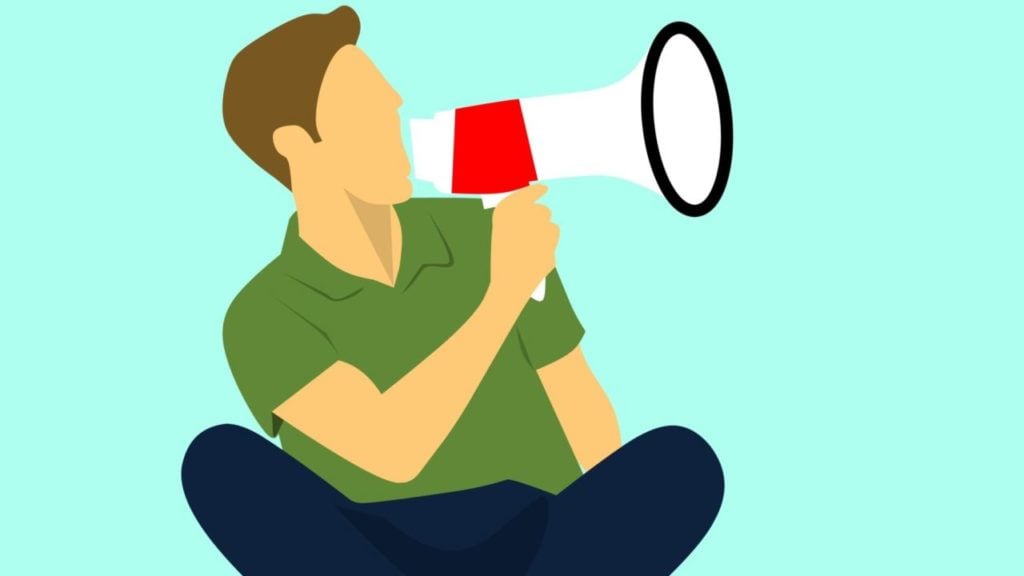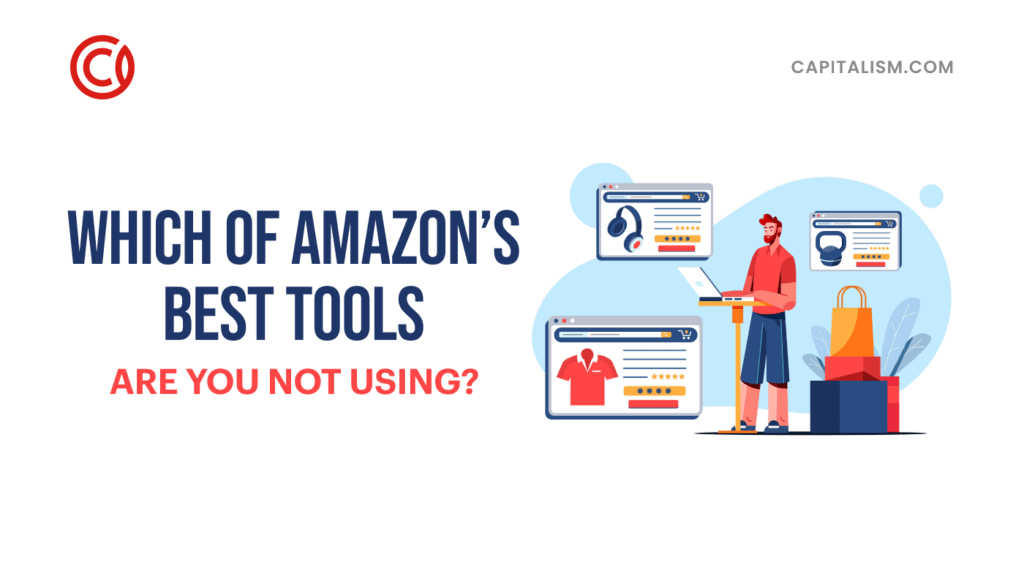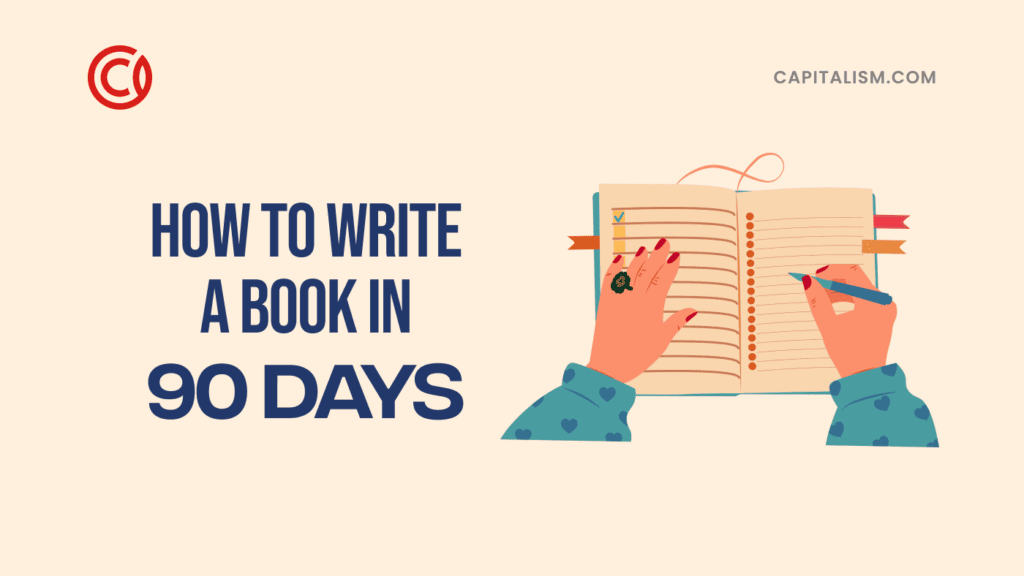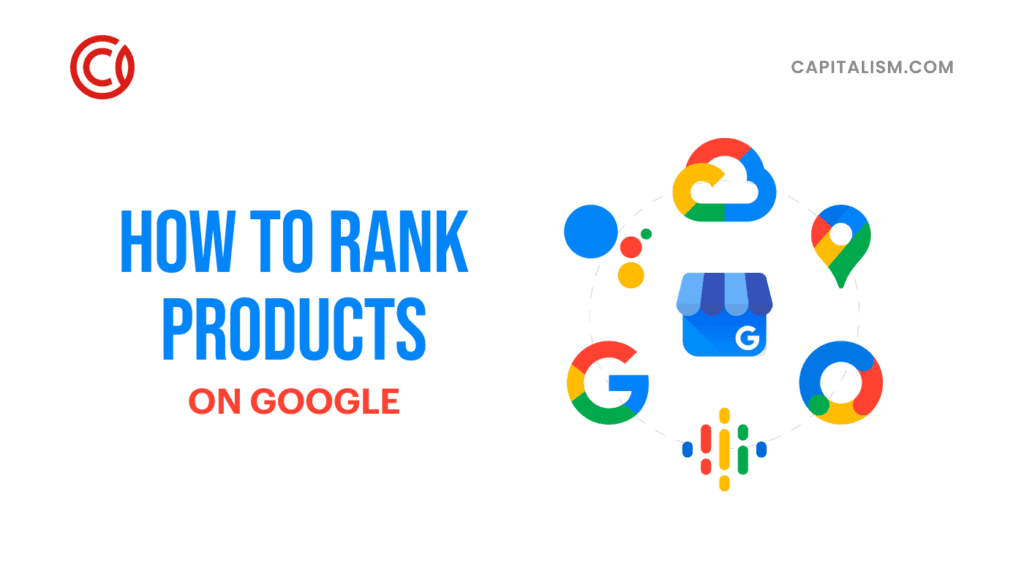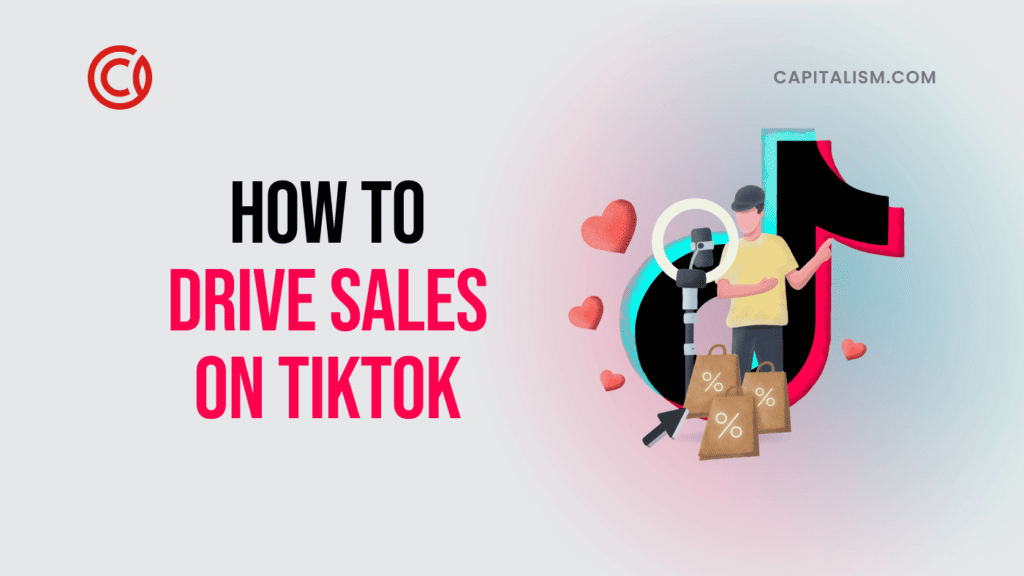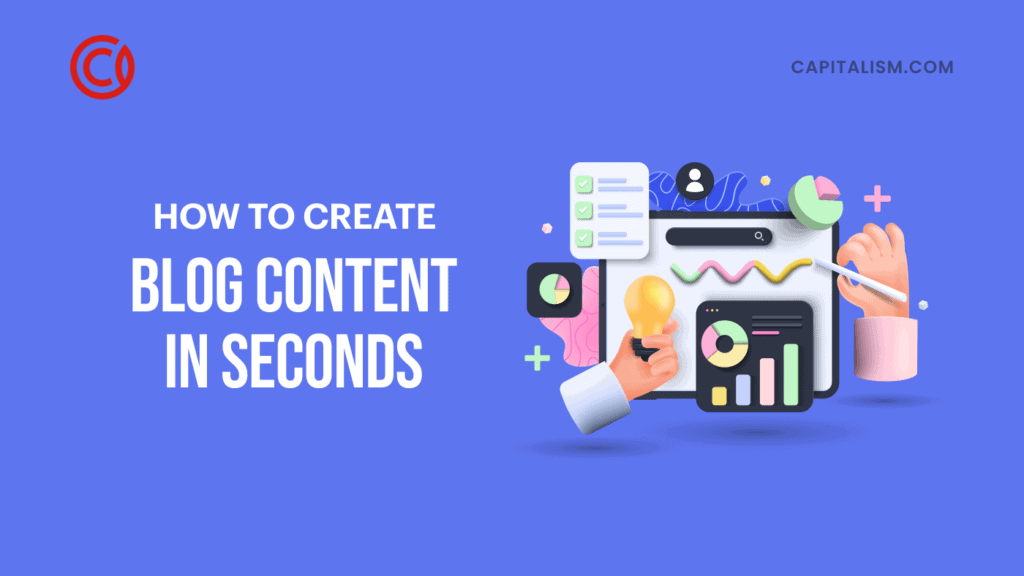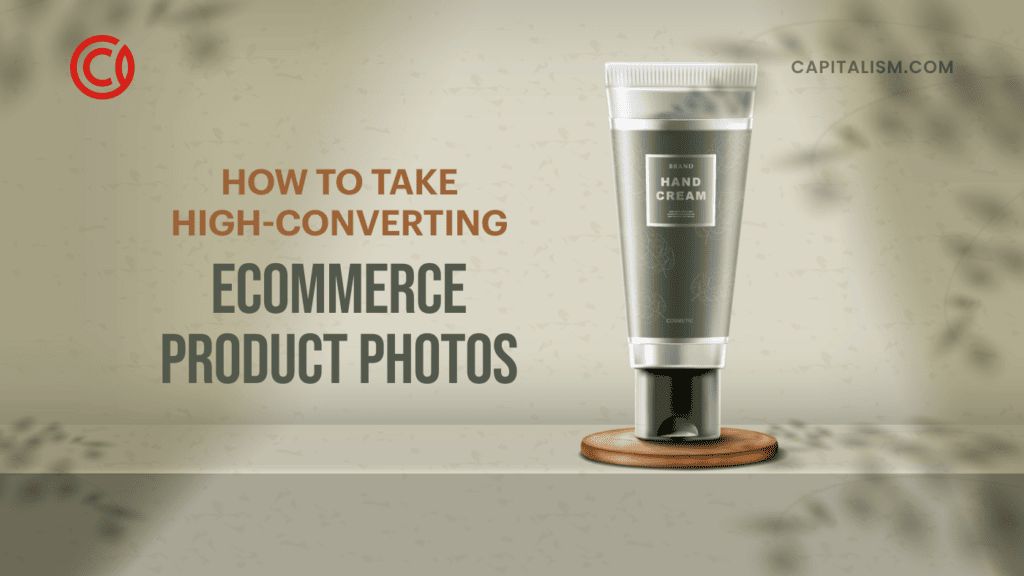How can entrepreneurs successfully use Facebook advertising if “social media is ripping society apart"?
Chamath Palihapitiya, former VP of user growth at Facebook stated in an interview that he feels “tremendous guilt” about the company he helped to create. He spoke out on the issue stating:
“I think we have created tools that are ripping apart the social fabric of how society works.”
Facebook spent some time listening to the conversations taking place about and on their platform. They asked questions, engaged in meaningful discussions and came up with a plan.
Prepare for Facebook shrinking in 2018
Facebook has been battered by controversy. Studies have exposed a range of negative consequences users experience, simply by using Facebook.
Facebook has become its own worst enemy. And they know it.
They’re working to dramatically reduce the amount of public content from brands, businesses and media that’s visible in your news feed. Here’s the surprising part.
They expect it to hurt.
Mark Zuckerberg in a recent post said, “I expect the time people spend on Facebook and some measures of engagement will go down. But I also expect the time you do spend on Facebook will be more valuable.”
The emphasis for Zuckerberg and co. is to do what’s good for the community and their business over the long term.
How Facebook changes could impact your business
Facebook’s decision is going to hurt, unless you're prepared.
Small business, media companies, personalities, brands large and small - anyone who relies on Facebook to reach their audience or customers will be affected.
The days of projecting content, pushing narratives and force feeding followers has been coming to an end. As Facebook sets this standard, other ad platforms are likely to follow.
What about your business? How will these changes affect you?
Zuckerberg lays his goals and expectations out pretty clearly.
“As we roll this out, you’ll see less public content like posts from businesses, brands and media. And the public content you see more will be held to the same standard – it should encourage meaningful interactions between people.”
He also covers topics I mentioned earlier, specifically the effects of social media on people.
“We feel a responsibility to make sure our services aren’t just fun to use, but also good for people’s well-being. So we’ve studied this trend carefully by looking at the academic research and doing our own research with leading experts at universities.
The research shows that when we use social media to connect with people we care about, it can be good for our well-being. We can feel more connected and less lonely, and that correlates with long term measures of happiness and health. On the other hand, passively reading articles or watching videos – even if they’re entertaining or informative – may not be as good.”
Pretty straightforward, isn’t it?
Advertisers who can create a meaningful interaction with customers on Facebook will continue to see their ads displayed more prominently. These advertisers will also dominate Facebook advertising by creating content that generates traffic, leads and sales for their business.
So how do you create a meaningful interaction with your Facebook ads?
How you should approach Facebook advertising now
Facebook plans may reduce the amount of screen time advertisers have with customers. This means it’s even more important that advertisers get the right message to the right person at the right time.
Here’s how you can use your Facebook advertising to boost sales.
1. Use research to stay ahead of customers
Culture controls communication, it determines trends. Culture describes the way we do things. It includes your customers’ values, beliefs, behaviors, artifacts and reward systems.
Digital culture is (a.) heavily segmented and (b.) in a constant state of change. Customers simply expect advertisers to keep up. Your customers expect you to know what they want, when they want it. This enables savvy advertisers to...
2. Use emotion to create meaningful interactions
Research shows, emotion drives attention. Positive emotions like surprise, joy, humor and awe make us happy but they’re not as likely to generate action. Negative emotions like fear, anger, sadness and rage attract intense amounts of attention but they create stress and anxiety in customers (a solution relieves stress and anxiety). Positive emotions like awe spreads quickly, but nothing spreads faster than anger.
Which one do you use to create your ads?
Both.
This is where A/B split testing comes in. Ads that are fascinating attract attention. Fascination creates engagement, intense discussion and debate. The more fascinating your ads are, the easier it is for you to create the meaningful interactions you need to drive sales.
3. Create the right message, at the right time
Timing makes the advertiser / customer relationship difficult. Customers want to take their time. They want to learn more about a particular topic, product or service. Advertisers want to make sales. This puts advertisers and customers at odds with each other doesn’t it?
It doesn’t have to.
These goals aren’t mutually exclusive. Both advertisers and customers can get what they want – if the timing is right. I’m talking about the buying cycle.
When you understand your customers and the emotion that drives them you have the tools you need to create the right message at the right time. But what does that mean exactly? Here’s a simple formula.
Education attracts, information converts
Customers need education – blog posts, how to videos, ebooks, lead magnets – in the awareness, research and comparison stages. Customers need information – return policies, FAQs, product descriptions, feature lists, etc. – in the comparison and purchase stages.
Here’s how you can use Facebook advertising to boost sales.
- Send educational ad content to your cold traffic, people who’ve never heard of you before, who are in the awareness and research stages.
- Send educational content that requires an opt-in to warm traffic, people who have engaged with you in some measurable way. They’ve read a blog post, liked, commented on or shared your ads. They’ve opted in to receive content. These people are in the research and comparison stages.
- Share informational content with hot traffic, people in the comparison and purchases stages who are previous customers or those who intend to buy. Share product offers, discount codes, sales, bonuses, and other incentives. These people have “bought in,” they believe in your product or service so they’re less likely to reject the offers you make.
Facebook listened to the conversations taking place. They asked questions, engaged in meaningful discussions and came up with a plan. They’re looking to facilitate meaningful interactions between their users. Facebook plans to shrink.
The good news?
When Facebook wins, you win. Advertisers who create meaningful relationships with their audiences will profit. Are you ready?
If you want to get started in Facebook advertising, check out our webinar to learn how to build an audience and discover what our Brand Builder Bootcamp can do for your business.
MORE MARKETING STRATEGIES FROM CAPITALISM.COM:
• 3 Powerful Tools the Top eCommerce Businesses Use to Accept Online Payments
• 5 Digital Marketing Strategies to Grow Your eCommerce Business
• How Marketing Skills Helped Jason Hartman Build a Real Estate Empire
